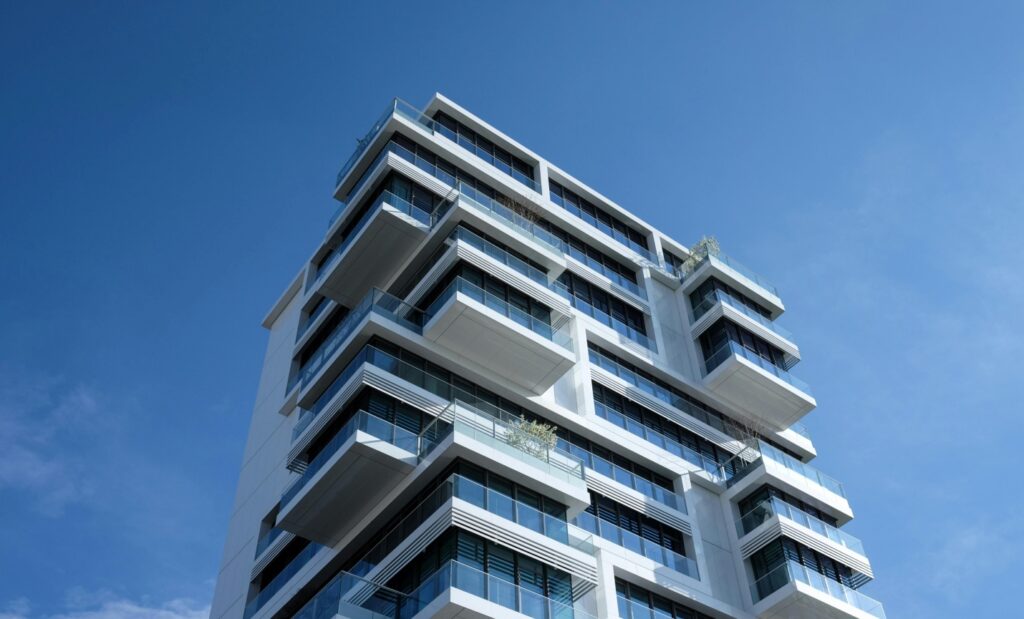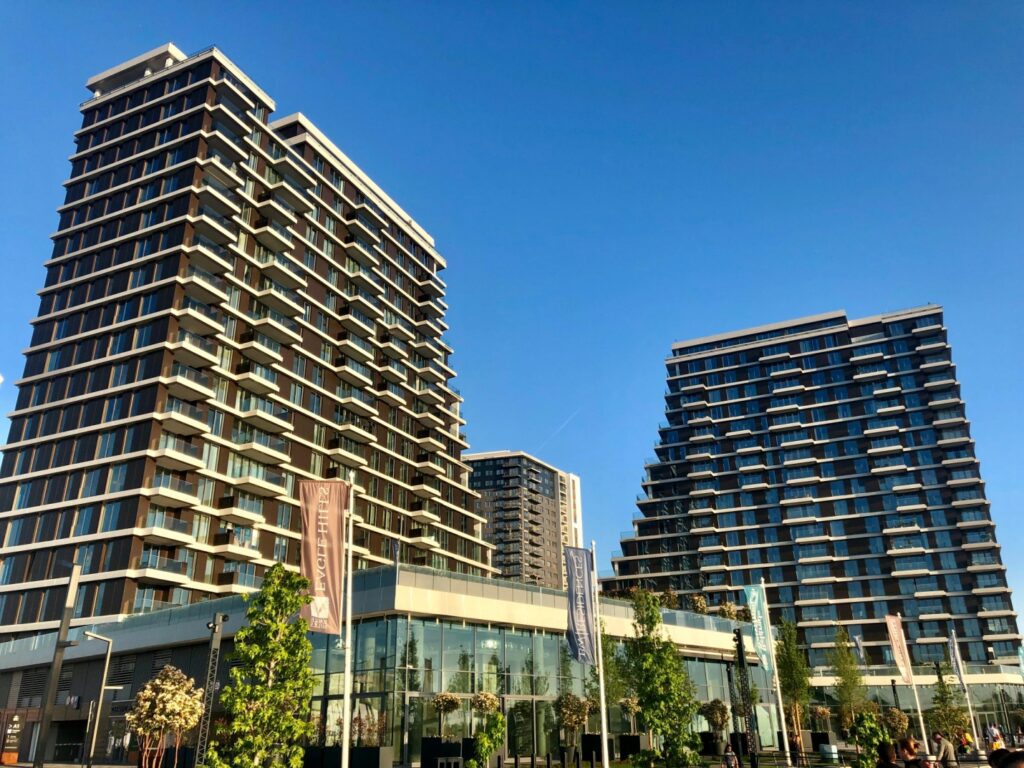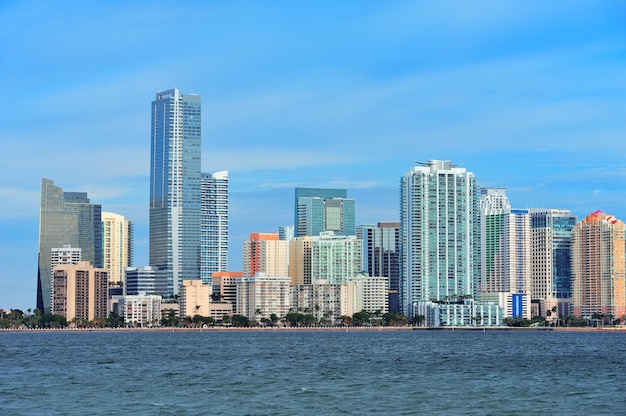When you’re searching for condo purchase advice, you’ll hear a lot about amenities, location, and HOA fees. But one critical factor that’s often overlooked is condo reserves. These funds can directly impact your financial security and quality of life as an owner. Before you buy, it’s essential to understand what reserves are—and why they matter.
What Are Condo Reserves?

Condo reserves are savings set aside by the homeowners’ association (HOA) to pay for major future repairs and replacements. Think roof repairs, structural work, new elevators, parking lot resurfacing, or even major plumbing overhauls. Instead of scrambling for cash when something big breaks down, the HOA uses these reserves to cover the cost.
In a well-run community, a healthy reserve fund is a sign of financial stability. It shows that the HOA is planning ahead rather than reacting to emergencies, protecting homeowners from unexpected and often costly special assessments.
How Are Reserve Funds Calculated?
Every few years, a professional reserve study is typically conducted. This study estimates the lifespan of major components of the property (like roofs, boilers, and paving) and how much it will cost to repair or replace them. Based on these findings, the HOA determines how much needs to be contributed annually to the reserve fund.
The amount each owner pays is built into their monthly association dues. If the reserve study is ignored or outdated, the HOA may not collect enough money—which means owners might face large, unexpected bills later.
Why Should You Care About Reserves Before Buying?
When you’re evaluating a condo, the health of the reserve fund should be as important as granite countertops or ocean views. A poorly funded reserve account can mean financial trouble ahead. Without enough reserves, you could be hit with a sudden special assessment running into thousands of dollars for things like roof replacements or plumbing issues.
Good condo purchase advice always includes asking to review the HOA’s budget, recent reserve study, and meeting minutes. Look for signs that the board is regularly contributing to the reserves and planning responsibly. If reserves are low, think twice—or at least factor future costs into your decision.
What Happens When Reserves Are Underfunded?
If reserves are insufficient, the HOA has two choices: dramatically raise monthly dues or levy a special assessment on all owners. Neither is ideal. Higher dues can strain your monthly budget, while special assessments can feel like a financial ambush, sometimes requiring owners to pay thousands of dollars within a short period.
In severe cases, underfunded reserves can also affect mortgage approvals. Some lenders review the condo’s financials as part of the loan process—and may decline to lend if the reserves are too low.
Conclusion
When buying a condo, it’s easy to get caught up in aesthetics and amenities. But understanding how condo reserves work—and assessing their health—can save you from costly surprises down the road. Take the time to review the financials carefully. It’s one of the smartest steps you can take toward confident condo ownership.
Choose Financially Healthy Condo Communities with Guidance from Condo Parrot™
Explore Hawaii condo ownership tips, smart condo purchase advice, and the inside scoop on the best condo communities in the US. Visit condoparrot.com and make confident choices with our trusted Hawaii condominium guide!







